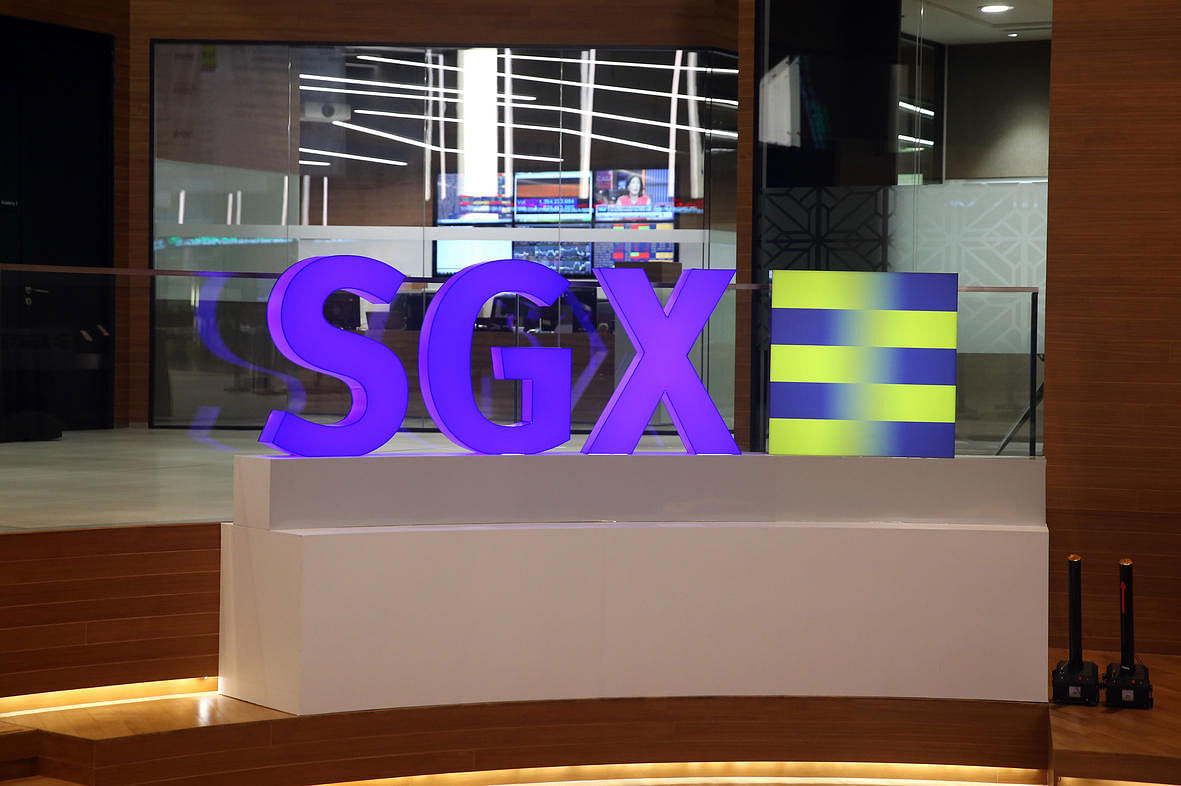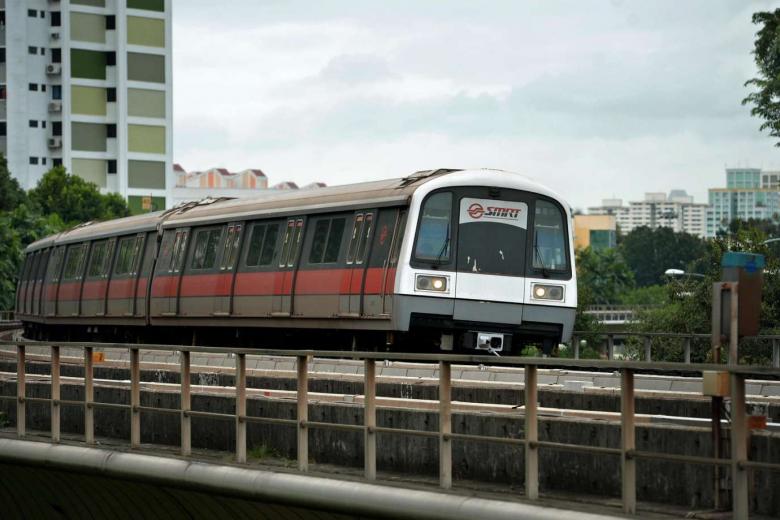1. The deal values SMRT at $2.57 billion
Temasek Holdings' unit Belford Investments is offering $1.68 for each SMRT share that Temasek does not already own.
With an outstanding issued share capital comprising 1,526,516,090 SMRT shares, the deal values SMRT at approximately $2.565 billion.
The company's shares were trading at $1.545 before a trading halt was called last Friday (July 15).
2. The deal is being done via a scheme of arrangement
For Temasek's bid to succeed, a majority of shareholders present at a meeting have to vote for it. These shareholders will have to hold at least 75 per cent of the value of SMRT shares held by all shareholders present at the meeting.
The scheme of arrangement offers more certainty to a potential buyer, who will get all or none of the company. The more common general offer route does not guarantee a 100 per cent stake even if the buyer gains majority control.
3. If the deal is done, SMRT will be delisted from the Singapore Exchange (SGX)

Temasek now owns 54 per cent of SMRT, which has been listed on the SGX since July 2000 and has a market capitalisation of close to $2.4 billion.
Once the acquisition is completed, SMRT will become a wholly owned subsidiary of Temasek and will be delisted from the Singapore Exchange (SGX).
4. The takeover bid comes five days after the announcement of a new rail financing framework
Last Friday (July 15), the Transport Ministry said that the Land Transport Authority will take over all operating assets of the North-South, East-West and Circle lines as well as the Bukit Panjang LRT Line, from SMRT for $1.06 billion. This is the the net book value - or current value - of the assets, plus GST.
In turn, SMRT will run the trains on these lines and retain a share of the earnings. But it will have to pay a licence fee to LTA annually, which will vary according to SMRT's profitability.
5. Temasek and SMRT believe privatisation is best as SMRT faces a bumpy road ahead
SMRT chairman Koh Yong Guan noted that SMRT will continue to face significant risks over operating costs as it grapples with an ageing and expanded rail network, while having to deliver higher rail reliability and service under the requirements of the new rail financing framework.
"Taking the company private will allow SMRT to better fulfil its role as a public transport operator without the pressure of short-term market expectations. It will also allow SMRT to be better supported as it retools and reinforces its core skillsets in engineering and maintenance," he said.
6. No special dividend from the asset sale
Temasek said it agrees with SMRT that there will be no special dividend arising from asset sale to LTA under the new rail financing framework.
"Net proceeds received will substantially be used to pay part of its debt of $762 million as at 30 September 2016, and to support re-investment needs of SMRT," the two said in a joint statement on Wednesday (July 20).
7. Temasek plans to work with SMRT closely on improving operations

"We are proposing to move SMRT to private ownership so we can more closely collaborate with the company on system-level transformation, including its transition to the new regulatory environment without the distraction of being a listed company," Temasek International president Chia Song Hwee said.
"We will have greater flexibility to work with SMRT as a private entity to seek sustainable long-term solutions as part of its transition."
8. Temasek has its work cut out for it
Last year, Singapore's overall rail network achieved 133,000 train-km between breakdowns.
However, Transport Minister Khaw Boon Wan has said he wants Singapore's rail network to achieve Taipei's standard or reliability.
Taipei's metro network is the top in the world by this measure, with 800,000 train-km between disruptions - six times more than Singapore's.
Last year, Singapore's overall rail network had 29 major disruptions lasting more than half an hour each. Hong Kong's MTR, in contrast, had only eight.
9. Privatisation does not necessarily mean nationalisation, experts say
Senior lecturer Park Byung Joon from SIM University said that should SMRT become fully owned by Temasek it would not count as nationalisation.
Dr Park said that for nationalisation to occur, rail operators must be fully owned and answerable to the Government - such as in Seoul, Korea - and this will not be the case for SMRT.


